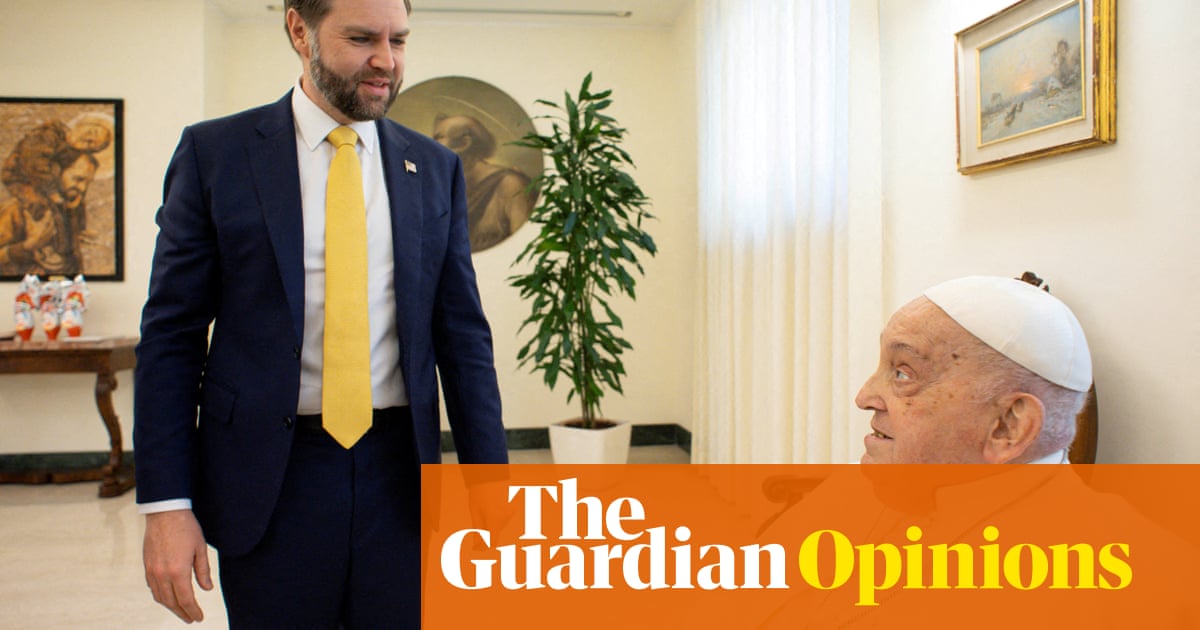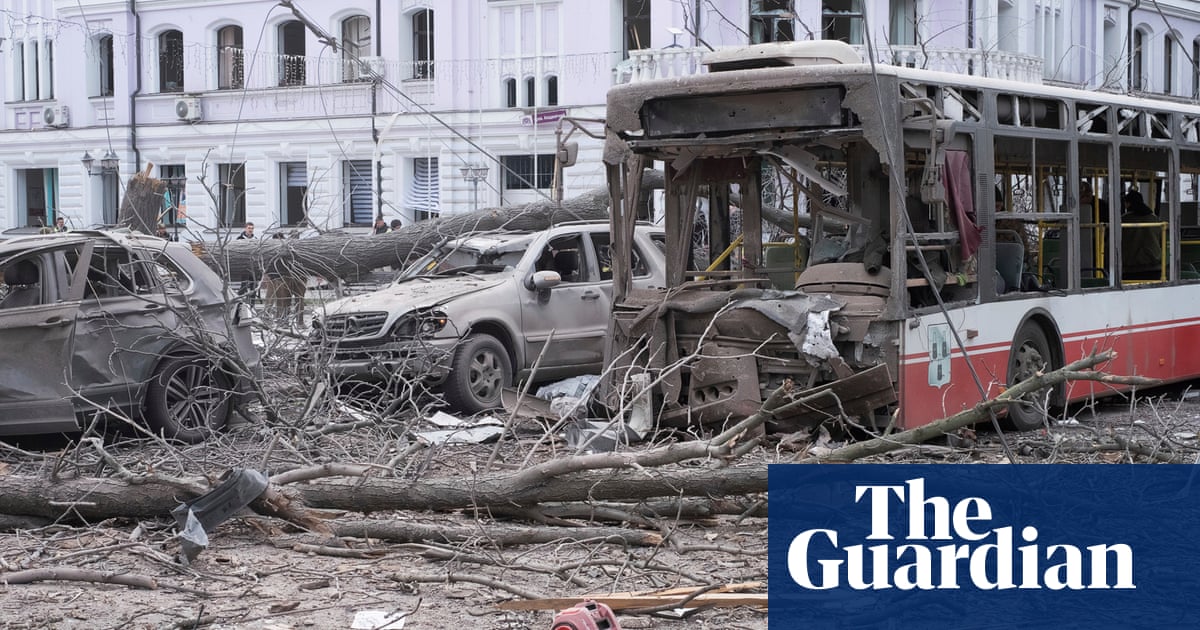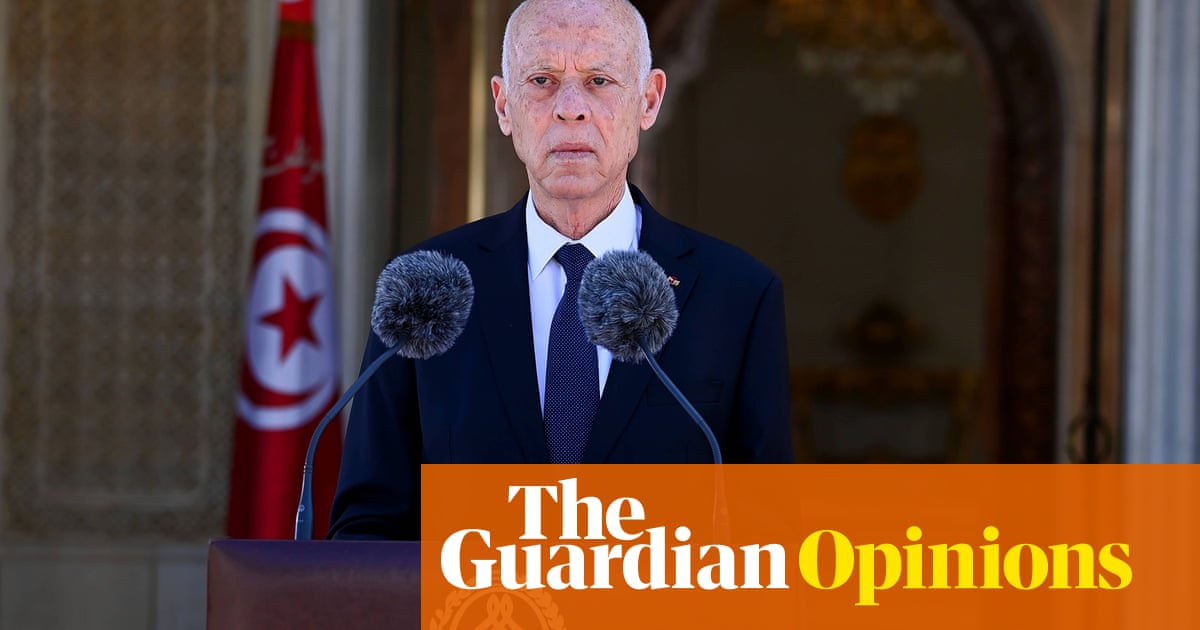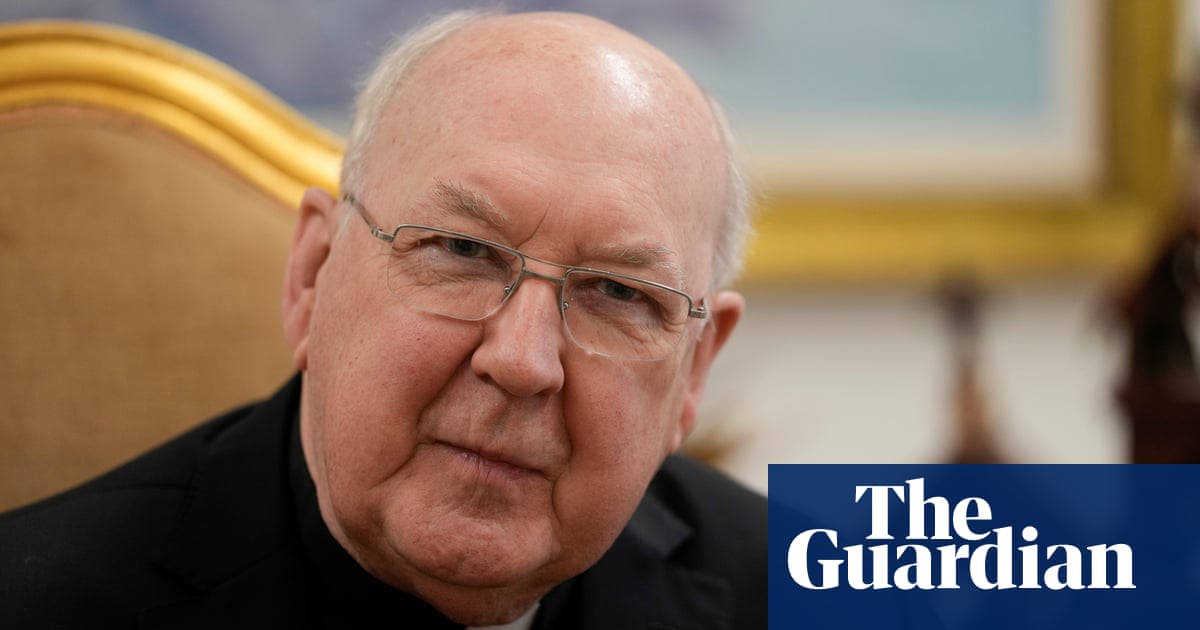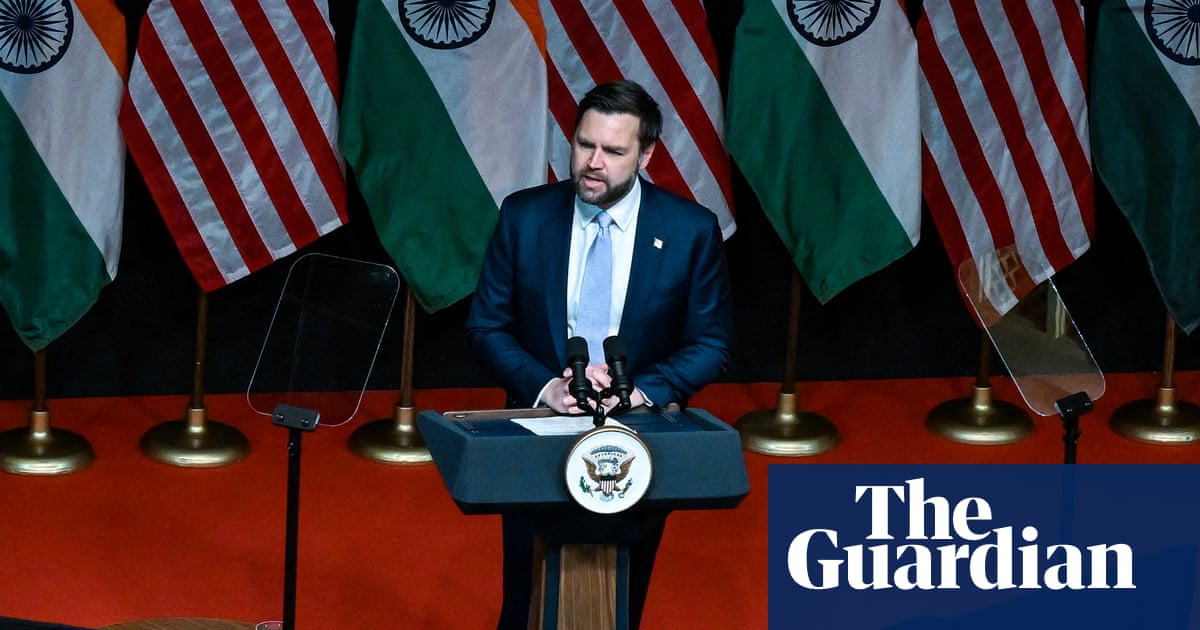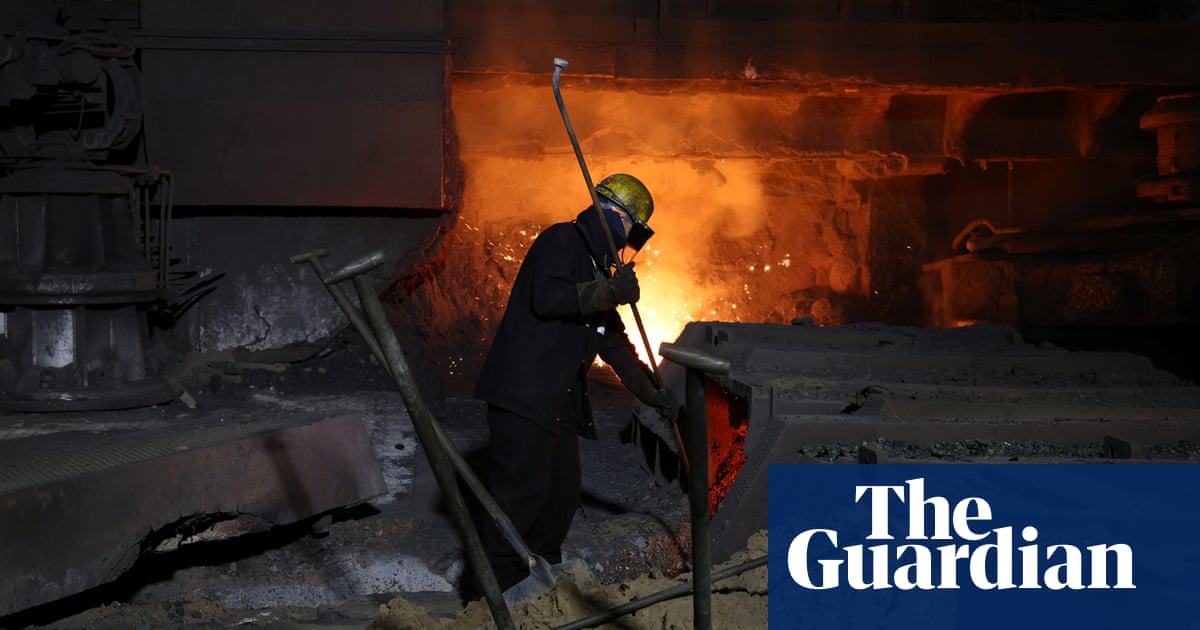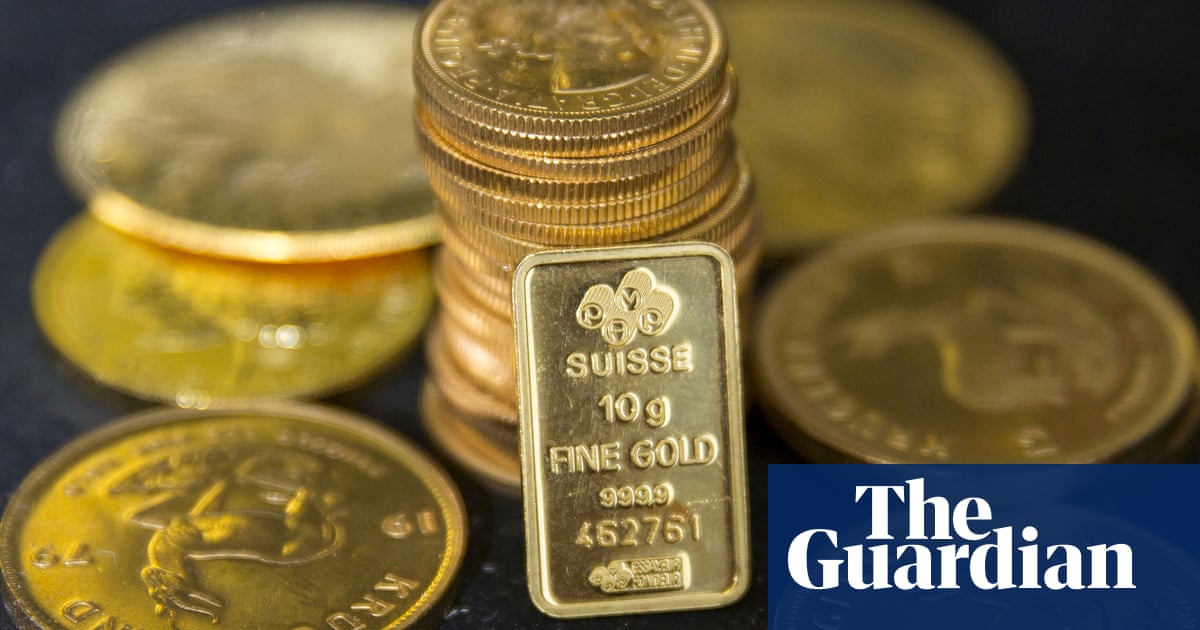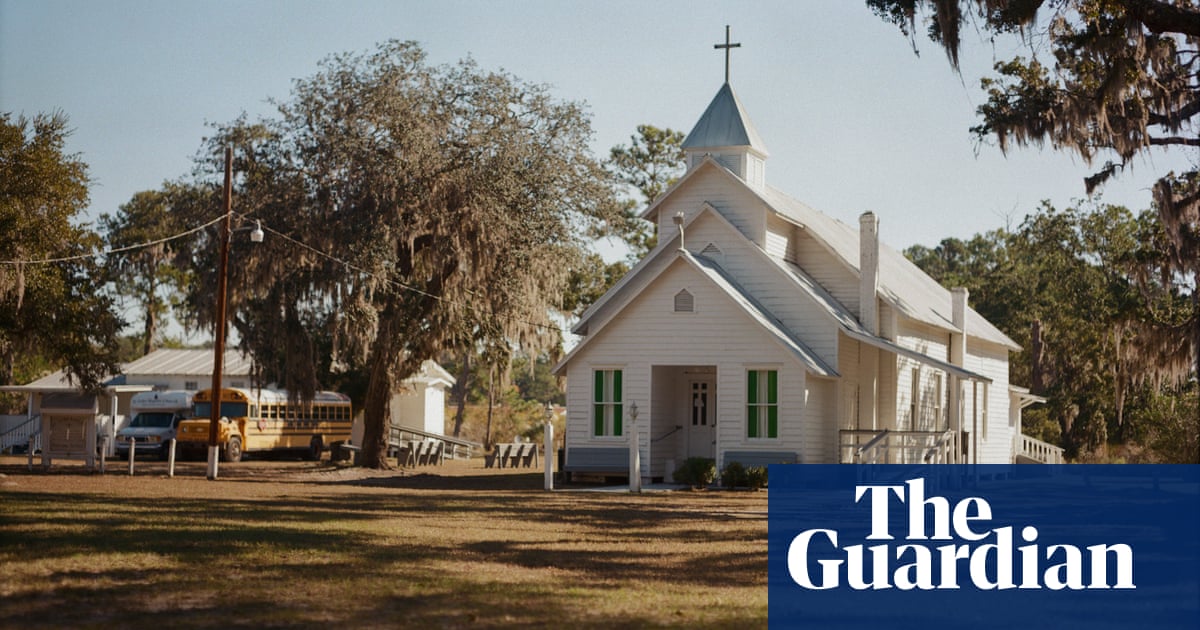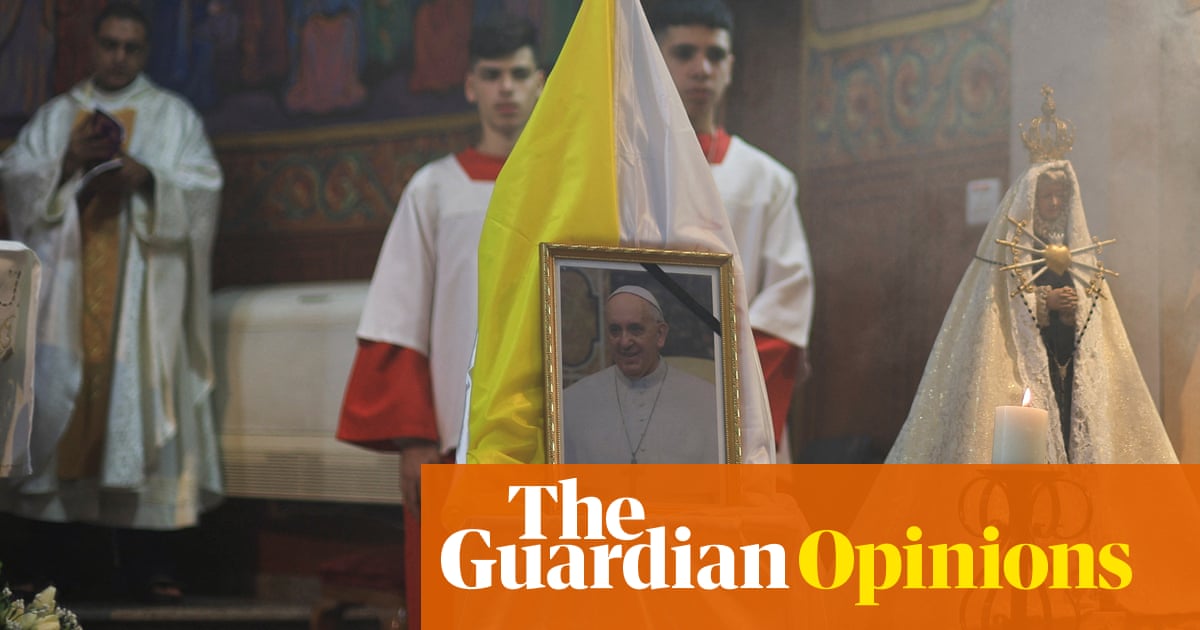Alexander Lukashenko is firmly on track to win a seventh five-year term as Belarusian president with 87.6% of the vote in Sunday’s election, according to an exit poll broadcast on state television.
Lukashenko, a close ally of the Russian president, Vladimir Putin, has been in power in the country since 1994.
The US and the EU said in the run-up to the election that it could not be free or fair because independent media are banned in Belarus and all leading opposition figures have been jailed or forced to flee abroad.
The electoral commission said turnout was 81.5% in the election, in which 6.9 million people were eligible to vote.
Lukashenko – a 70-year-old former collective farm boss – suppressed mass protests against his rule in 2020 and allowed Moscow to use Belarusian territory to invade Ukraine in 2022. The opposition and the west said Lukashenko had rigged the last presidential vote and authorities cracked down on demonstrations, with more than a thousand people still jailed.
All of Lukashenko’s political opponents are either in prison – some held incommunicado – or in exile along with tens of thousands of Belarusians who have fled since 2020.
“All our opponents and enemies should understand: do not hope, we will never repeat what we had in 2020,” Lukashenko told a stadium in Minsk during a carefully choreographed ceremony on Friday.
Most people in Belarus have only distant memories of life in the landlocked country before Lukashenko, who was 39 when he won the first national election in Belarus since it gained independence from the Soviet Union.
Criticism of the strongman is banned in Belarus. Most people Agence France-Presse spoke to in Minsk and other towns voiced support for him, but were still fearful of giving their surnames.
The other candidates running against Lukashenko have been picked to give the election an air of democracy and few know who they are.
“I will vote for Lukashenko because things have improved since he became president [in 1994],” said Alexei, a 42-year-old farmer in the tiny village of Gubichi in south-eastern Belarus who earns about €300 (£250) a month selling milk. Like many in Belarus, he is worried about the war in neighbouring Ukraine. In 2022, Russian troops entered Ukraine from several directions, including from Belarus. The following year, Russia sent tactical nuclear weapons to the country, which borders Nato countries.
Alexei said he wished “for there not to be a war”.
The government’s narrative has been to say that Lukashenko guaranteed peace and order in Belarus, accusing 2020 street protest leaders of sowing chaos.
The UN estimates that 300,000 Belarusians have left the country since 2020 – mostly to Poland and Lithuania – out of a population of nine million. They were not able to cast ballots, with Belarus having scrapped voting from abroad.
The exiled opposition leader Sviatlana Tsikhanouskaya denounced the vote as a “farce” in a January interview with AFP. Her husband, Sergei Tikhanovsky, has been held incommunicado for almost a year. She urged dissidents to prepare for an opportunity to change their country but conceded “it was not the moment”.
While Lukashenko once carefully balanced his relations between the EU and Moscow, since 2020 he has become politically and economically reliant on Russia.
Kaja Kallas, the EU’s top diplomat, called the election a “sham” in a post on X Saturday and said “Lukashenko doesn’t have any legitimacy”.
Known as “Europe’s last dictator” – a nickname he embraces – Lukashenko has retained much of the Soviet Union’s traditions and infrastructure, with the country’s economy largely state-planned.
Lukashenko scrapped Belarus’s white-red-white flag in the 1990s – which has since become the symbol of the opposition.

.png) 2 months ago
23
2 months ago
23

